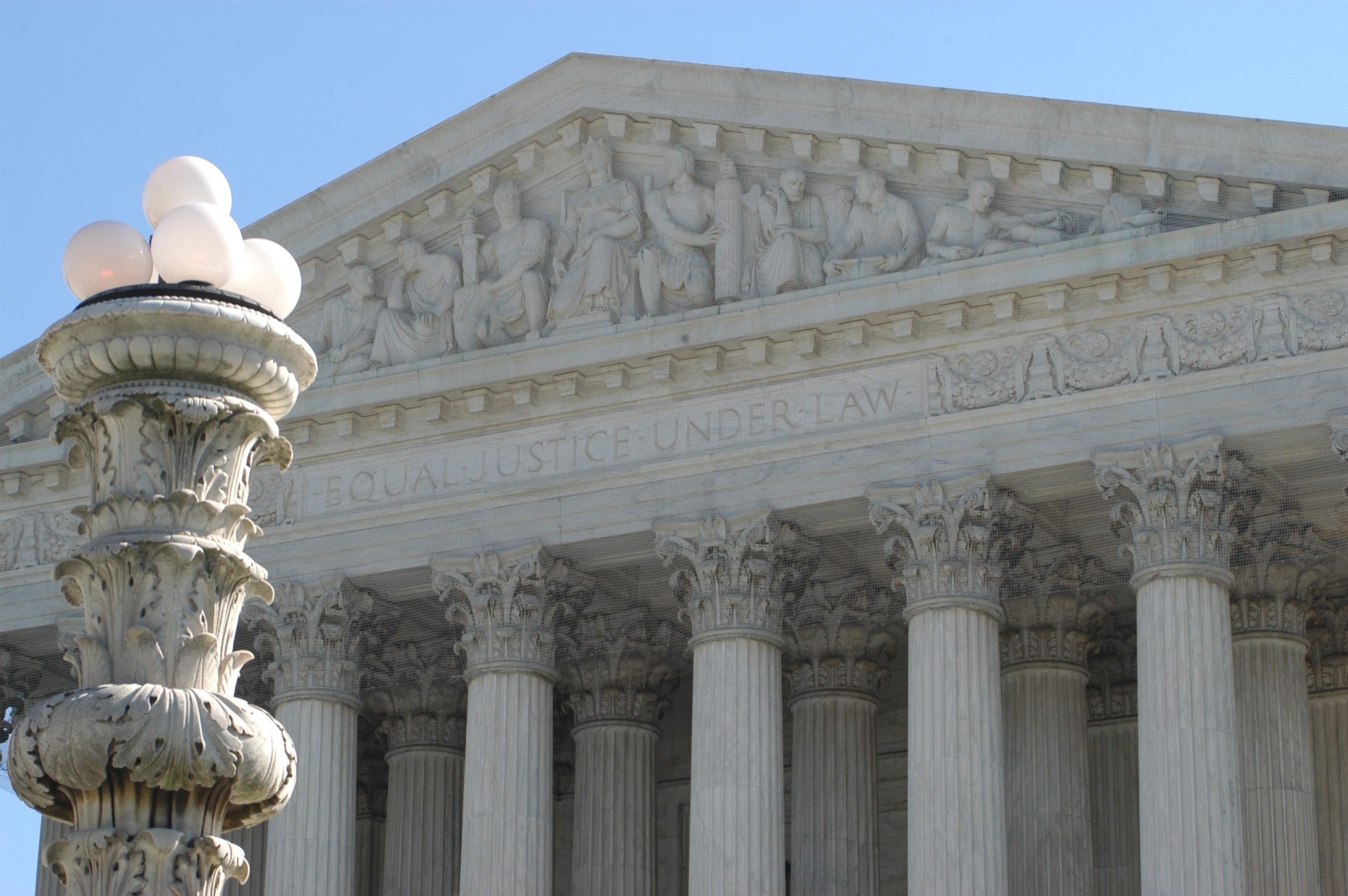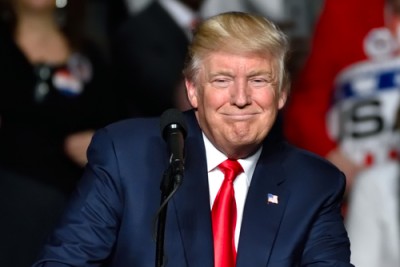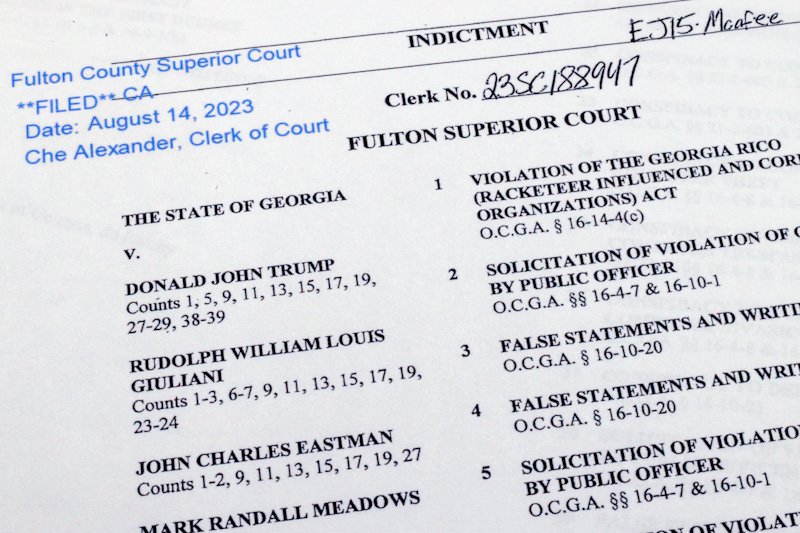Supreme Court adds second case challenging agency power that will allow Justice Jackson to participate
U.S. Supreme Court
Supreme Court adds second case challenging agency power that will allow Justice Jackson to participate
October 16, 2023, 11:58 am CDT
A Chevron oil refinery at night in Salt Lake City in February 2015. “If the Supreme Court is to overturn a major precedent,” the New York Times reports, “the justices apparently calculated, it would be better for the decision to come from the full court.” Image from Shutterstock.
The U.S. Supreme Court won’t decide a challenge to Chevron deference without the participation of Justice Ketanji Brown Jackson.
The Supreme Court on Friday agreed to hear a second challenge to the principle, which holds that federal courts should defer to reasonable federal agency views when Congress passes ambiguous laws. The new case will be heard in tandem with the first case.
The New York Times (via How Appealing), Law.com, Law360 and SCOTUSblog are among the publications with coverage.
Both cases challenge a federal regulation that requires fishing vessels on national waters to pay for onboard monitors to prevent overfishing. And both ask the Supreme Court to overrule or scale back the Chevron doctrine.
Jackson recused herself from the first case after serving on a federal appeals panel that considered the case before it reached the Supreme Court. She heard arguments in the case but did not participate in the ruling.
“If the Supreme Court is to overturn a major precedent,” the New York Times reports, “the justices apparently calculated, it would be better for the decision to come from the full court.”
Chevron deference is based on the 1984 Supreme Court decision in Chevron USA Inc. v. Natural Resources Defense Council. Law.com described the doctrine as “a bedrock of modern administrative law.”
Justice Neil Gorsuch has previously indicated that he sees “serious questions” regarding the Chevron doctrine’s constitutionality and its compatibility with the Administrative Procedure Act. He expressed his views in a 2019 concurrence footnote that was joined by Justices Clarence Thomas and Brett Kavanaugh.
Jonathan Siegel, a professor at the George Washington University Law School, told Law360 that it’s not clear that all the conservative justices think that Chevron deference should be overruled. Having all the justices consider the issue lessens the risk of a 4-4 split, Siegel said.
If the justices don’t overrule Chevron deference, they could instead hold that the principle doesn’t apply when statutes are silent on an issue, according to a press release by the New Civil Liberties Alliance, which represents the challengers in the new case.
The new case is Relentless Inc. v. Department of Commerce.
The SCOTUSblog case page is here.
The first case is Loper Bright Enterprises v. Raimondo.






